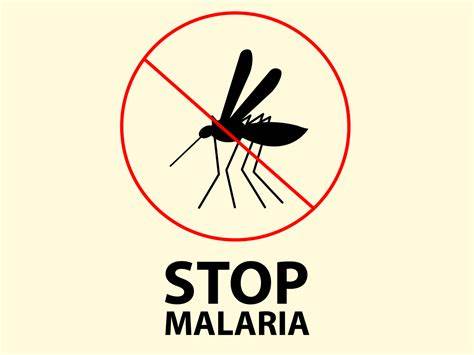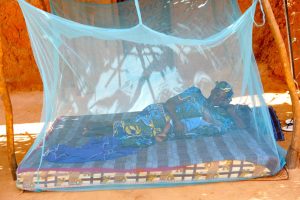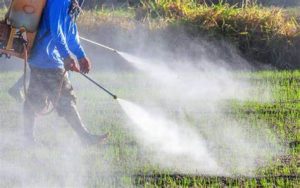Written by: Happiness Agboola

Photo credit: https://comdis-hsd.leeds.ac.uk/
Malaria is a significant public health issue in many rural communities around the world, including in Nigeria. The disease is caused by a parasite transmitted through the bites of infected mosquitoes, and can cause severe illness and even death if left untreated. According to the Nigeria Demographic and Health Survey (NDHS) 2018, malaria is one of the leading causes of death in Nigeria, accounting for about 25% of all deaths.
In order to combat malaria in rural communities, it is important to empower these communities with the necessary knowledge, resources, and tools to prevent and treat the disease. There are several strategies and solutions that can be implemented to achieve this goal.
Rural communities need to be educated about the causes, symptoms, and prevention of malaria. This can be done through community outreach programs, health fairs, and other awareness campaigns. Educating people about the importance of using mosquito nets, draining stagnant water sources, and seeking early treatment can help to prevent the spread of the disease.
Rural communities often lack access to healthcare facilities, making it difficult for them to seek treatment for malaria. Increasing access to healthcare facilities, mobile clinics, and trained healthcare workers can help to improve the diagnosis and treatment of malaria in rural areas.
The use of mosquito nets is an effective way to prevent malaria transmission. Distributing mosquito nets to rural communities can help to reduce the number of malaria cases in these areas. NGOs and other organizations can partner with the government to distribute free or subsidized mosquito nets to rural communities.
Insecticide-treated nets are mosquito nets that have been treated with insecticide to repel and kill mosquitoes. ITNs are more effective than regular mosquito nets in preventing malaria transmission. Rural communities should be encouraged to use ITNs to protect themselves from mosquito bites.
Indoor residual spraying involves spraying insecticides on the walls and ceilings of homes to kill mosquitoes that come into contact with the treated surfaces. IRS is an effective way to control mosquito populations in rural areas.
Collaboration and partnership between the government, NGOs, and other stakeholders are essential for the effective prevention and treatment of malaria in rural communities. Partnerships can help to mobilize resources, coordinate efforts, and ensure that malaria prevention and treatment programs are sustainable and effective.
In conclusion, empowering rural communities with the necessary knowledge, resources, and tools to prevent and treat malaria is crucial in the fight against the disease. Through education and awareness, increased access to healthcare, distribution of mosquito nets, use of insecticide-treated nets and indoor residual spraying, and collaboration and partnership, malaria can be effectively prevented and treated in rural communities in Nigeria and around the world.
Sources:
1). Malaria Consortium (2016). Malaria prevention through insecticide treated nets. Available on ://www.malariaconsortium.org/media-downloads/802/Malaria%20prevention%20through%20insecticide%20treated%20nets#:~:text=Insecticide%2Dtreated%20net%20(ITN)%3A,for%20a%20recommended%20three%20years.
2). World Health Organization, (2017). Malaria. Available on https://www.afro.who.int/health-topics/malaria
3).World Health Organization, (n.d). GLOBAL TECHNICAL STRATEGY FOR MALARIA 2016–2030. https://www.who.int/docs/default-source/documents/global-technical-strategy-for-malaria-2016-2030.pdf



